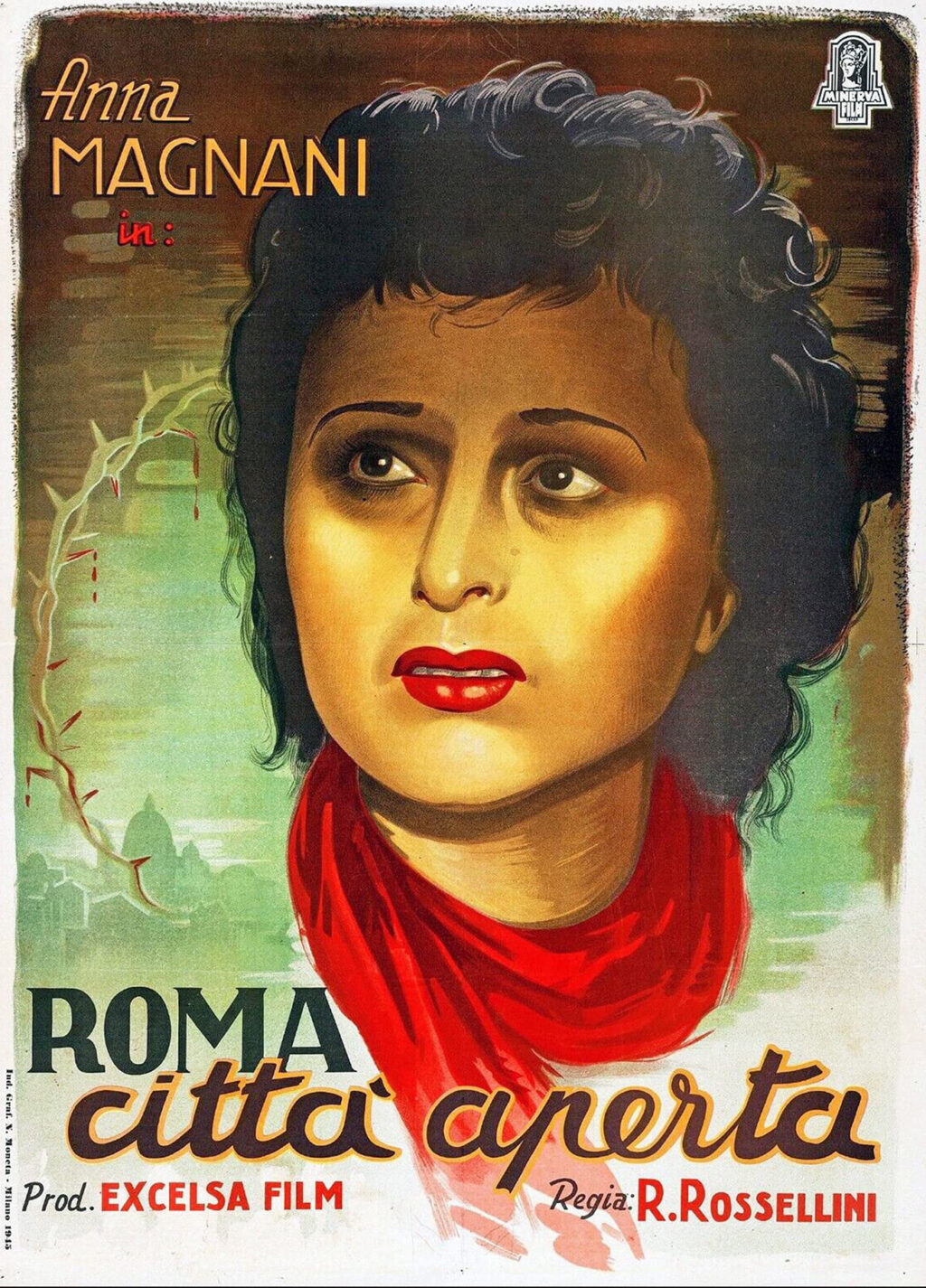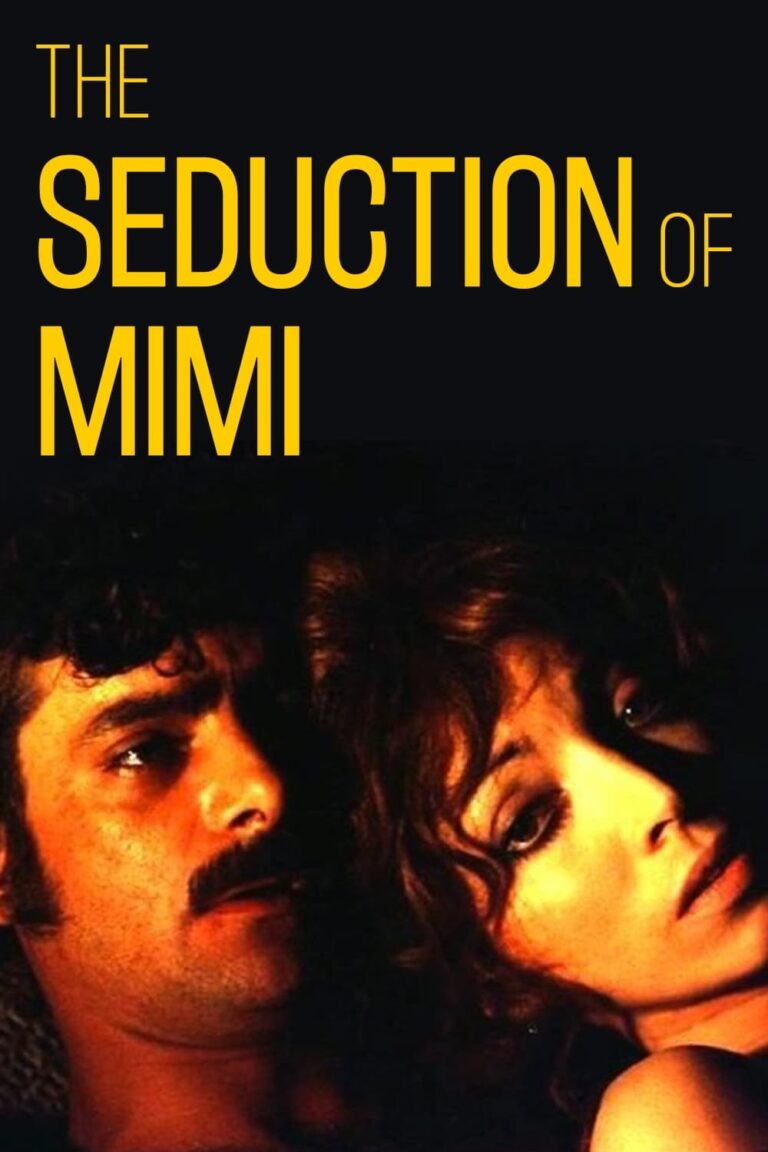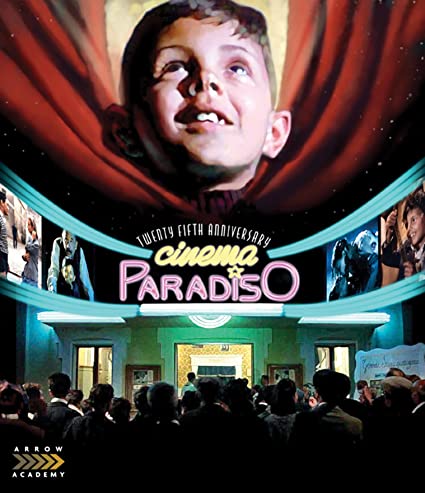
Italian Neorealism was a groundbreaking cinematic movement that emerged in the 1940s, reflecting the social, political, and economic struggles of post-World War II Italy. Known for its focus on ordinary people and their lives amidst hardship, this movement reshaped the landscape of cinema, rejecting the glamorous escapism of prewar films. It embraced raw, authentic storytelling, creating works of art that continue to resonate globally.
Defining Characteristics
Italian Neorealist films are renowned for their realism and simplicity. Shot primarily on location with non-professional actors, these films depicted everyday struggles with a documentary-like authenticity. Directors often focused on social issues like poverty, unemployment, and displacement, crafting narratives that avoided melodrama but carried profound emotional depth.
Key Films, Directors, and Actors
Italian Neorealism birthed numerous iconic films, each a masterpiece in its own right. Below are ten of the most significant works, along with the directors and actors who brought them to life:
1. Rome, Open City (1945)
- Director: Roberto Rossellini
- Notable Actors: Anna Magnani, Aldo Fabrizi
This film is widely regarded as the birth of Italian Neorealism. Set in Nazi-occupied Rome, it tells the story of resistance fighters and civilians struggling under oppression. Anna Magnani’s powerful performance as a grieving mother became iconic.
2. Bicycle Thieves (1948)
- Director: Vittorio De Sica
- Notable Actors: Lamberto Maggiorani, Enzo Staiola
A father and son’s desperate search for a stolen bicycle, crucial to their livelihood, encapsulates the human cost of poverty. De Sica’s use of non-professional actors added an unparalleled layer of realism.
3. Shoeshine (1946) (Sciuscià)
- Director: Vittorio De Sica
- Notable Actors: Franco Interlenghi, Rinaldo Smordoni
This harrowing tale of two shoeshine boys trying to survive in a society that exploits their innocence received an honorary Academy Award, marking global recognition of Neorealism.
4. Paisan (1946)
- Director: Roberto Rossellini
- Notable Actors: Carmela Sazio, Gar Moore
Comprising six separate stories, this film explores the effects of the Allied invasion on various regions in Italy. Its episodic structure highlights the fragmented, uncertain nature of postwar life.
5. La Terra Trema (1948)
- Director: Luchino Visconti
- Notable Actors: Non-professional actors from a Sicilian fishing village
This visually stunning film chronicles the plight of Sicilian fishermen battling economic exploitation. Visconti’s Marxist beliefs are evident in the film’s critique of class struggle.
6. Germany, Year Zero (1948)
- Director: Roberto Rossellini
- Notable Actors: Edmund Moeschke
Set in the ruins of postwar Berlin, this bleak yet haunting story follows a young boy navigating the desolation and moral ambiguity of a shattered society.
7. Umberto D. (1952)
- Director: Vittorio De Sica
- Notable Actors: Carlo Battisti, Maria Pia Casilio
A retired civil servant’s struggle to retain his dignity amidst poverty is one of the most emotionally resonant films of the movement. The bond between Umberto and his dog Flike serves as a profound exploration of loneliness and hope.
8. Bellissima (1951)
- Director: Luchino Visconti
- Notable Actors: Anna Magnani, Walter Chiari
Anna Magnani stars as a mother determined to secure a film role for her daughter. The film critiques the exploitation of individuals by the entertainment industry while exploring the personal dreams and sacrifices of ordinary people.
9. The Children Are Watching Us (1944) (I bambini ci guardano)
- Director: Vittorio De Sica
- Notable Actors: Luciano De Ambrosis, Emilio Cigoli
A precursor to the Neorealist movement, this film examines the emotional toll of an extramarital affair on a young boy. It is a touching portrayal of innocence lost in a world of adult complexities.
10. Riso Amaro (1949) (Bitter Rice)
- Director: Giuseppe De Santis
- Notable Actors: Silvana Mangano, Vittorio Gassman
Set among rice field laborers, this film combines Neorealist themes with elements of melodrama and crime. Silvana Mangano’s performance as a strong-willed woman captivated audiences, making her a symbol of resilience in postwar cinema.
Notable Directors and Their Contributions
- Roberto Rossellini: A pioneer of Neorealism, Rossellini brought raw emotional depth and a humanistic perspective to his films, such as Rome, Open City and Paisan.
- Vittorio De Sica: Known for his empathetic storytelling and ability to extract stunning performances from non-professional actors, De Sica’s films like Bicycle Thieves and Umberto D. remain pillars of the movement.
- Luchino Visconti: Visconti infused Neorealism with visual grandeur and social critique, as seen in La Terra Trema and Bellissima.
- Giuseppe De Santis: A director who explored themes of labor, class struggle, and resilience, De Santis expanded the movement’s scope with films like Bitter Rice.
The Role of Actors
While Neorealism often relied on non-professional actors to heighten realism, it also showcased extraordinary talents like Anna Magnani, whose earthy, emotive performances embodied the struggles of postwar Italy. Other notable actors include Lamberto Maggiorani (Bicycle Thieves) and Franco Interlenghi (Shoeshine), whose unpolished authenticity captured the essence of the movement.
Cultural and Historical Context
Italian Neorealism emerged in a nation recovering from the devastation of World War II. Poverty, unemployment, and political instability defined the era, and filmmakers sought to capture the harsh realities of daily life. Inspired by leftist ideals and a desire to reject prewar cinematic escapism, Neorealism offered an unflinching portrayal of societal challenges.
The movement also reflected global cinematic influences, including Soviet cinema’s focus on the working class and French poetic realism’s evocative storytelling.
Decline and Lasting Influence
By the mid-1950s, the Neorealist movement began to wane as Italy’s economy improved and audiences gravitated toward more polished, escapist films. However, its legacy endures. Filmmakers worldwide, including Satyajit Ray (Pather Panchali), Akira Kurosawa (Stray Dog), and Ken Loach (Kes), have drawn inspiration from its emphasis on realism and humanity.
Conclusion
Italian Neorealism revolutionized cinema, proving that stories of ordinary people could evoke extraordinary emotional and social resonance. Its focus on realism, empathy, and the human condition has left a lasting imprint on filmmakers and audiences alike. Even decades after its decline, the movement’s principles continue to inspire, reminding us of cinema’s ability to reflect, critique, and celebrate life in all its complexity.





